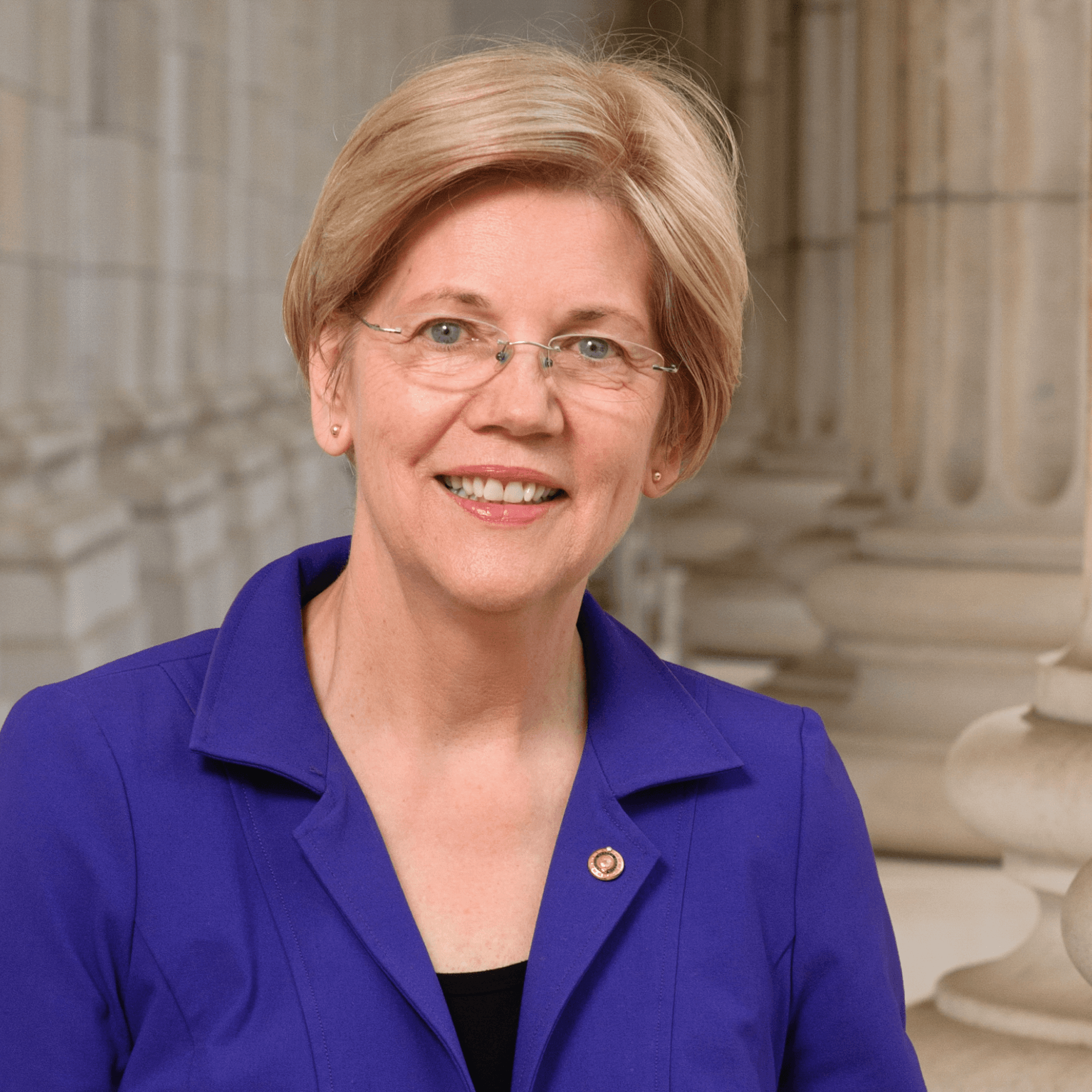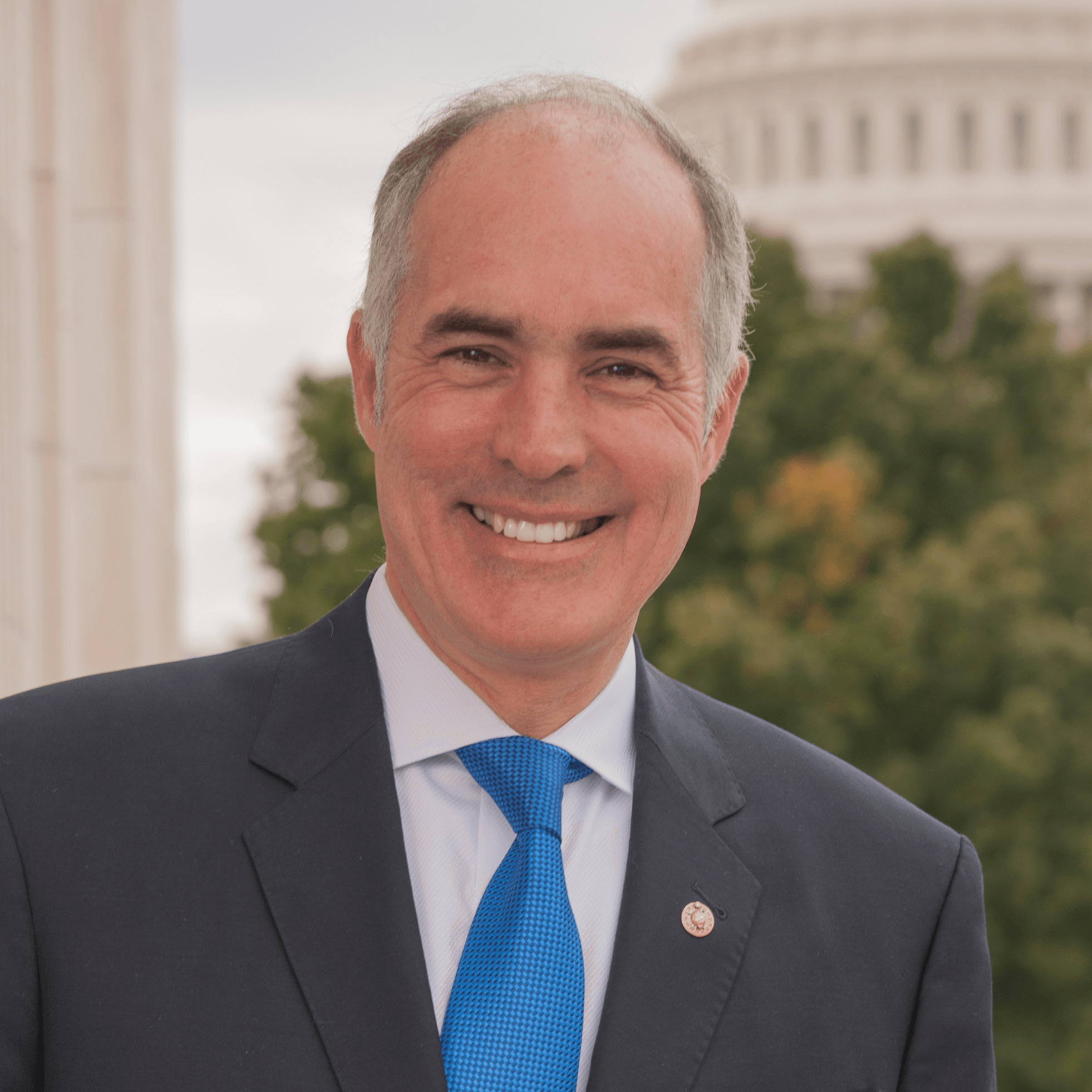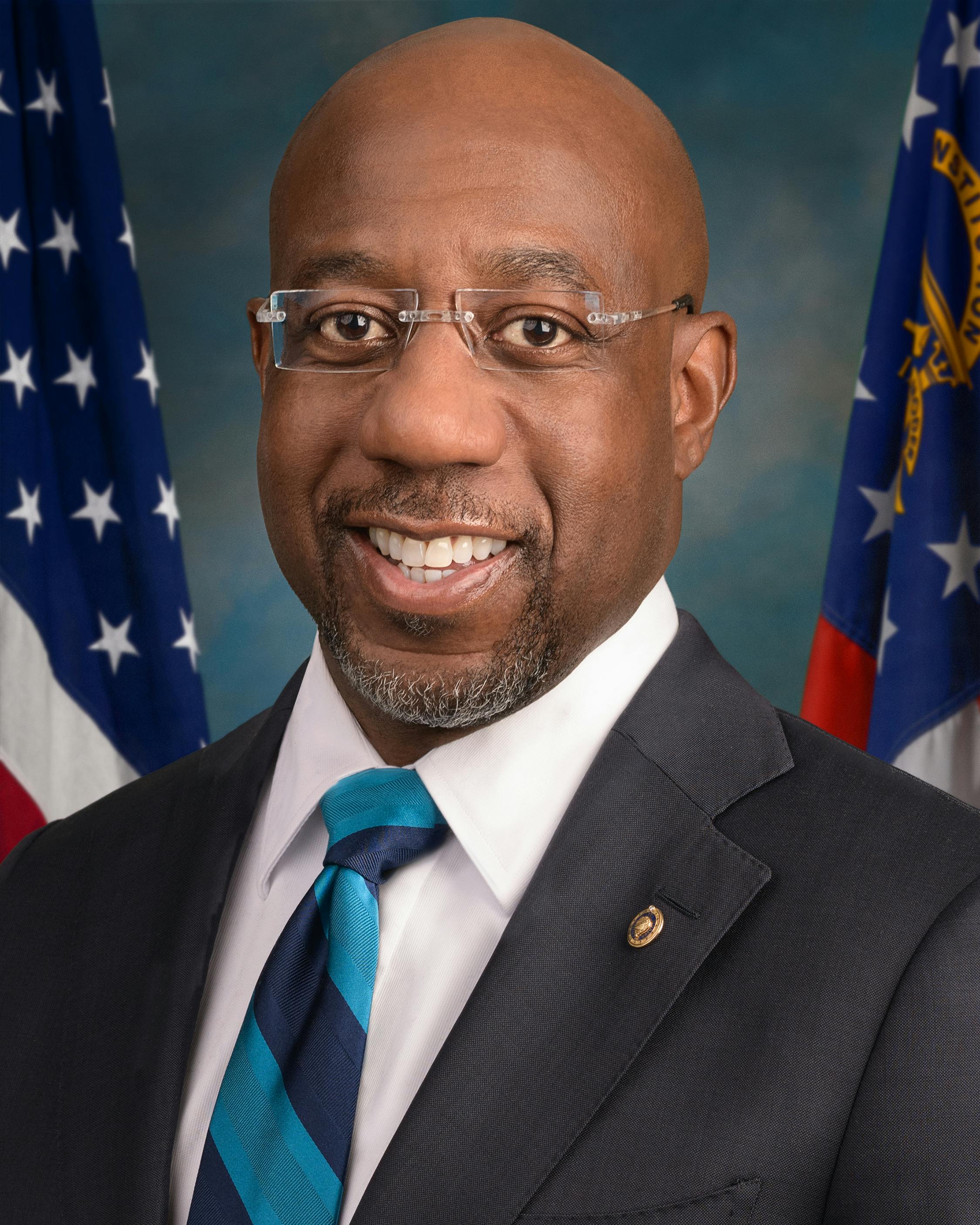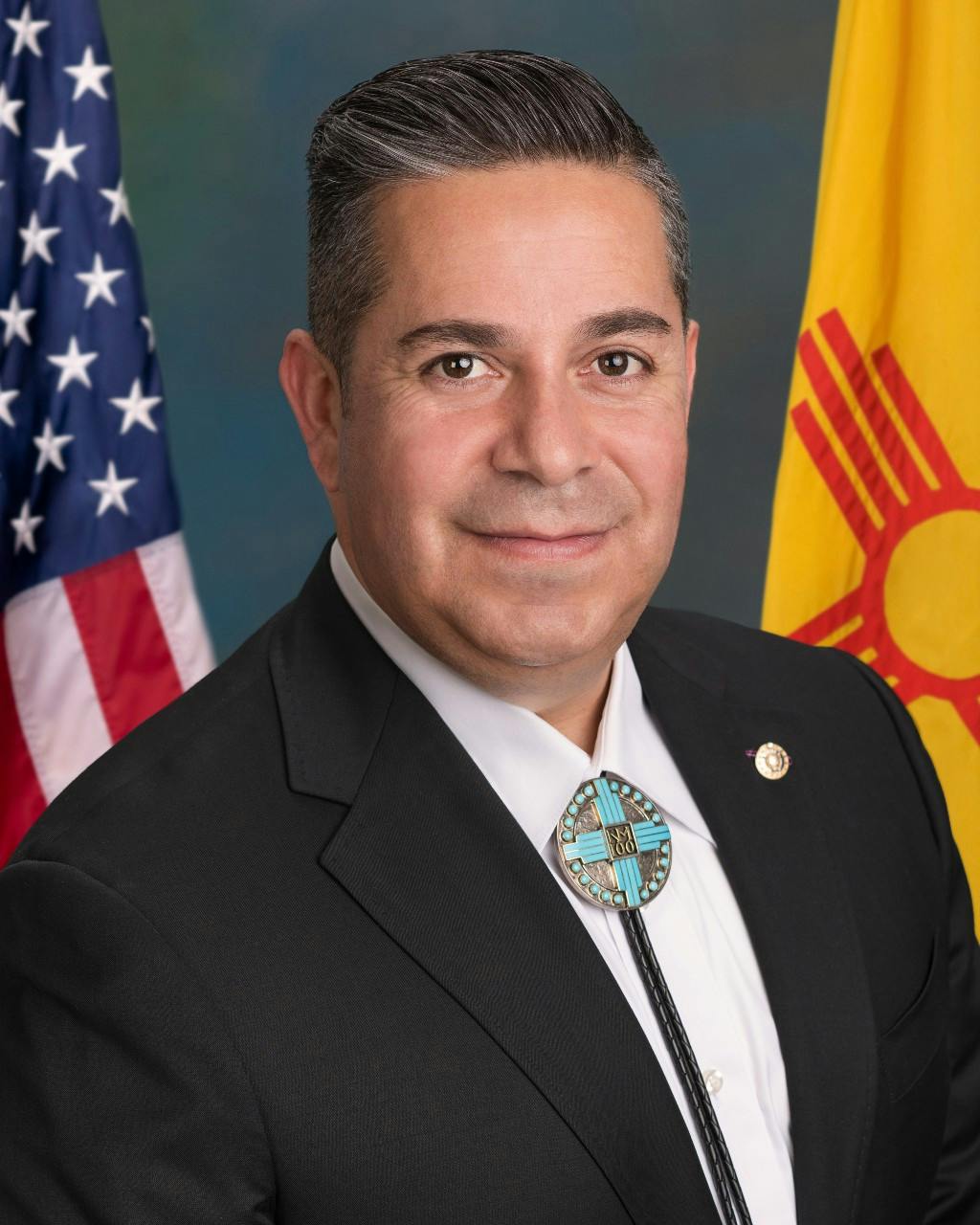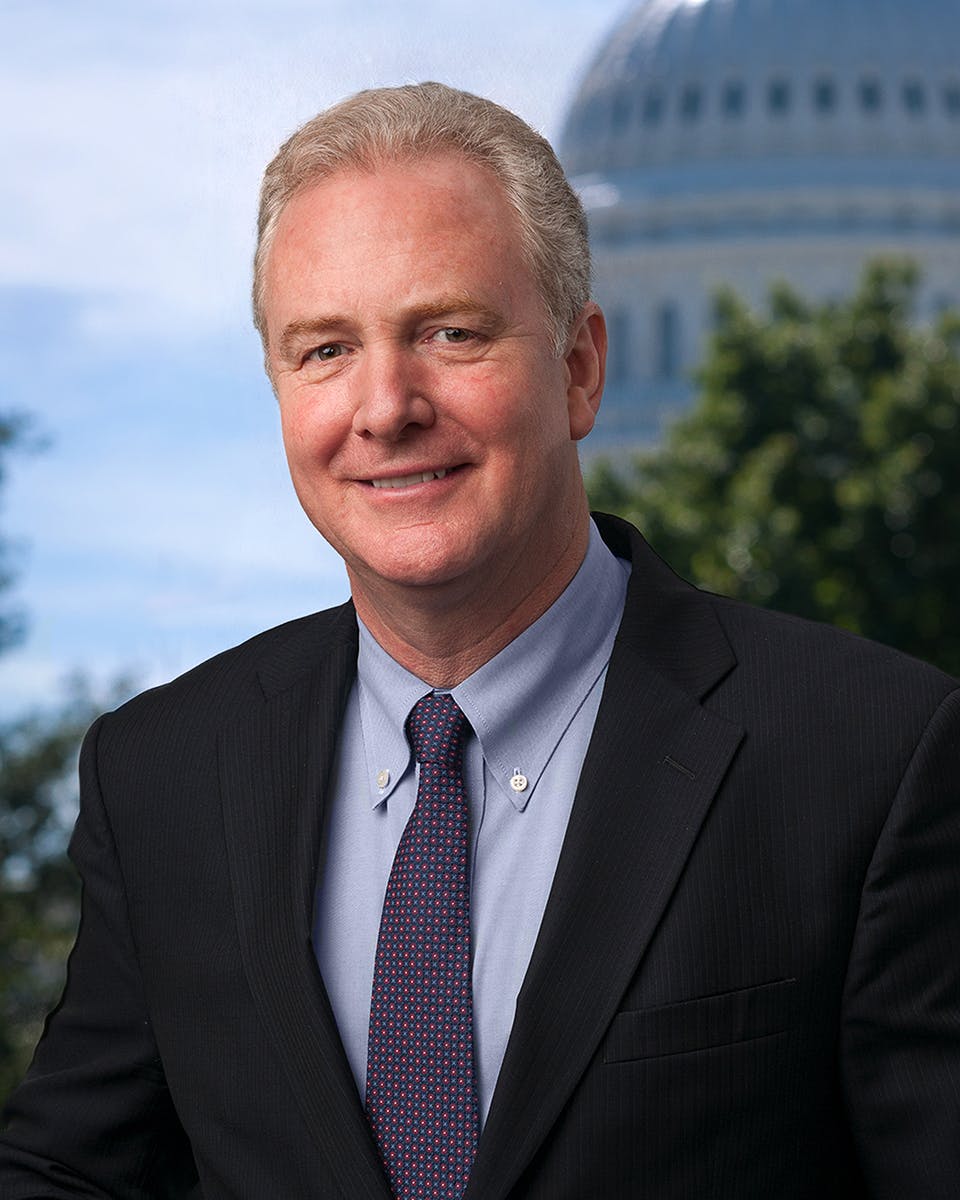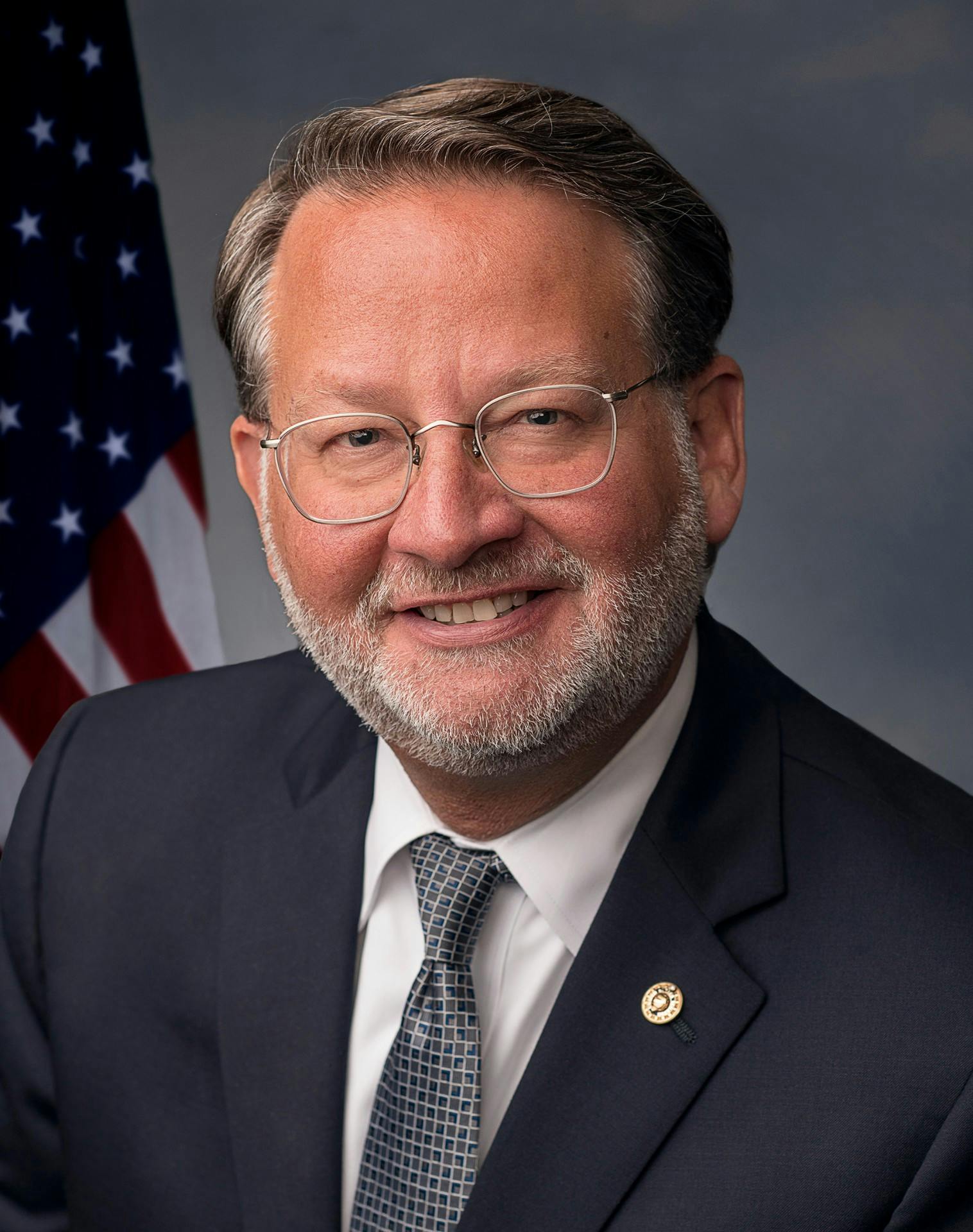Is The Bill "Digital Asset Anti-Money Laundering Act of 2023" Crypto Friendly?
Description:
Date Introduced:
Status:
Stance on Crypto:
Links:
Primary Analysis:
"The legislation would classify certain industry participants, including individual miners and validators, as financial institutions subject to the Bank Secrecy Act compliance regime. Treating these entities commensurate with the largest banks, hedge funds, and money transmitters would weigh them down with unnecessary compliance, stifle innovation, hinder industry growth, and force activity offshore to jurisdictions with less adequate security and oversight.
For example, digital asset validators and miners do not typically engage in activities that qualify them as financial institutions under the Financial Crimes Enforcement Network’s (FinCEN) definition. FinCEN’s regulations are designed to cover entities that engage in traditional financial activities, such as accepting deposits, issuing loans, or engaging in other types of lending or financial intermediation. Digital asset validators and miners are generally involved in the technical operation of blockchain networks and do not provide financial services to customers. Blockchains are the software rails on which transactions, financial and otherwise, operate–but we do not subject software providers of banking infrastructure to the same regulations as banks.
Registering as a financial institution would impose significant compliance costs and hinder or preclude participation in the digital asset ecosystem. Covered entities may be forced to depart the U.S., resulting in a brain drain of talented developers and technical experts critical to continued digital asset ecosystem development. This is already occurring: in 2017 the U.S. led all other nations with a 40% share of global blockchain developer roles; that share has dwindled to 29% today and is projected to decrease by an average of 2% annually–and in an industry expanding at a torrid pace, meaning we are holding a diminishing share of a growing pie.
Instead of requiring digital asset validators and miners to register as financial institutions, regulators should focus on developing a regulatory framework that is tailored to digital assets’ unique characteristics and balances the imperative for consumer protection with the benefits of innovation and growth. "
Chamber of Digital Commerce
https://digitalchamber.org/statement-on-digital-asset-aml-act/
